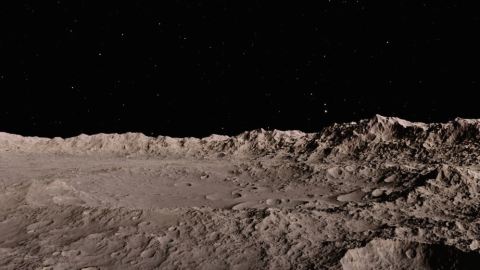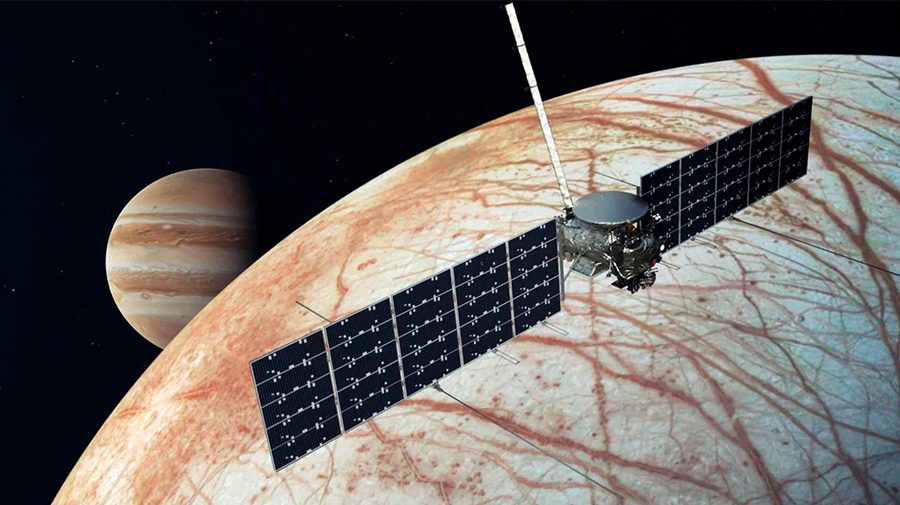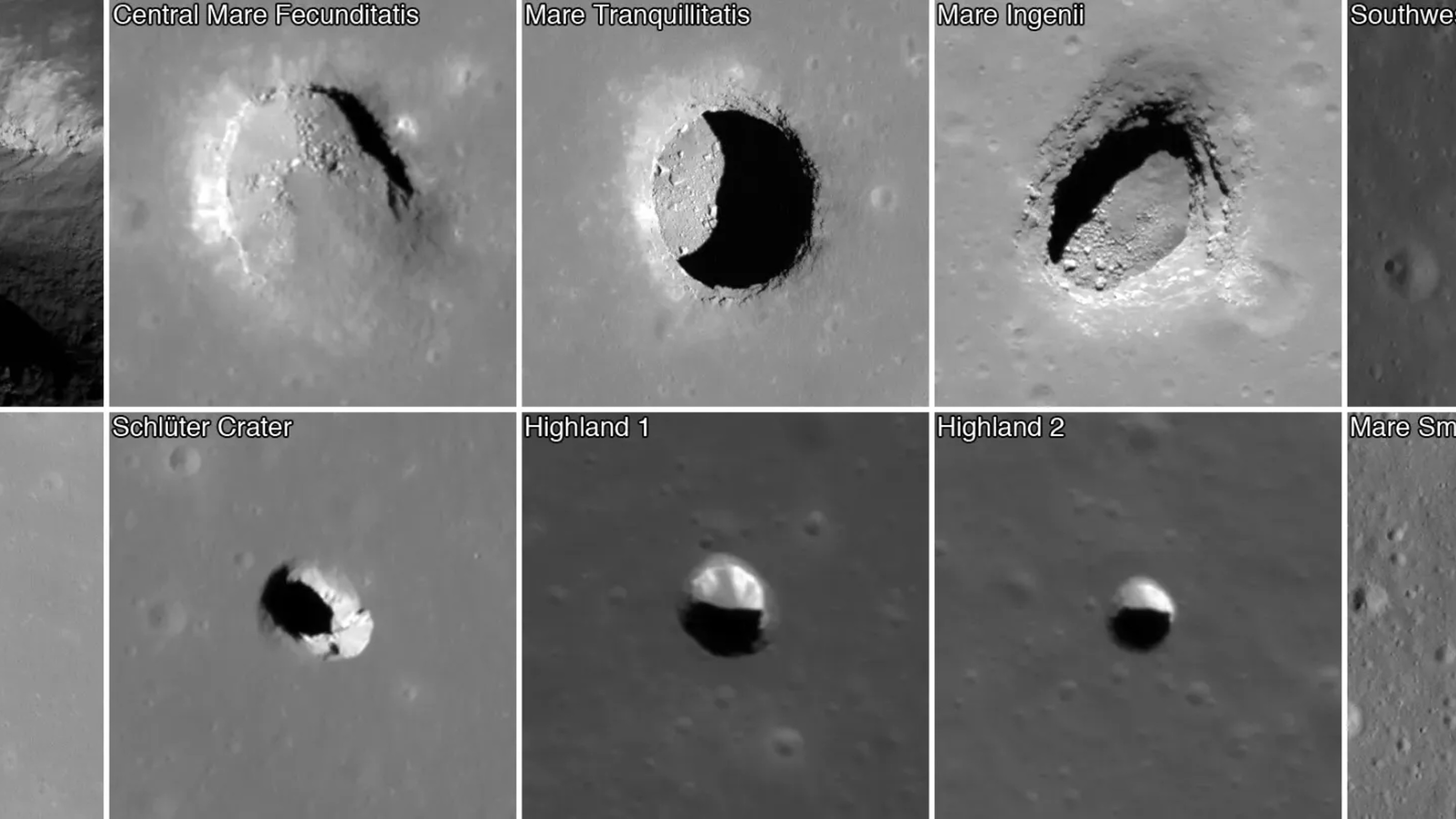Industry Wants to Mine the Moon for Rocket Fuel

Frozen water at the poles of the moon represents a potential cash cow for firms that want to capitalize on the emerging private space industry. By extracting hydrogen and oxygen from the moon’s water ice, future space exploration missions could make a lunar pit stop, refilling the tank before shooting off farther into the solar system.
The Texas-based Shackleton Energy Company is drafting plans to mine the vast reserves of water ice and convert it into rocket propellant, which would then be sold to space partners in low Earth orbit. Estimates put the amount of water ice on the moon at between 1 and 2 million tons.
Big Think expert and venture capitalist Peter Diamandis explains why he believes humanity has a moral imperative to explore space in search of material resources:
“If you stop and you think about everything we hold of value on this planet — metal, minerals, energy, real estate — the things that nations fight wars over.These things are in near-infinite quantities [in outer space].If you believe that the developing world deserves the same standards of living that we do in the developed world, then to achieve that, they need resources. … The question is, do you continue to rape and pillage Earth, or if you have the ability to extract that information from outside resources, outside of Earth, then that would be a mechanism to uplift the bottom billion or so of society.”





